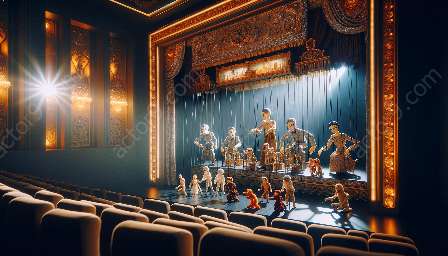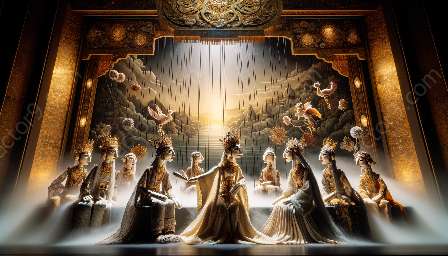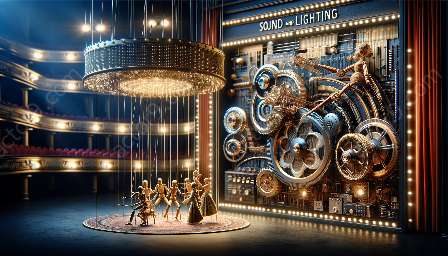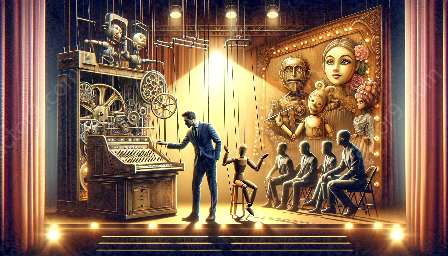Throughout history, puppetry has held a profound fascination for audiences, captivating and enthralling young and old alike with its magical performances. But beyond mere entertainment, puppetry also exerts significant psychological effects on both the audience and the performers, influencing emotions, perceptions, and even learning. Understanding these effects is crucial in unlocking the potential of puppetry in education.
Puppetry and Psychological Connection
Puppetry serves as a powerful medium for psychological connection, bridging the gap between the real world and the realm of imagination. The presence of puppets and their interactions with the audience can evoke deep emotional responses, fostering empathy and understanding. For the audience, this connection not only sparks joy and wonder but also nurtures a sense of compassion and connection to the characters portrayed by the puppets.
Similarly, for the performers behind the puppets, the act of giving life to these inanimate objects can be a deeply immersive experience, blurring the lines between reality and fiction. This process of embodying the puppet's character can lead to profound psychological effects, such as heightened creativity, empathy, and a deep sense of fulfillment that comes from connecting with an audience on an emotional level.
Impact on Emotional Well-Being
One of the most striking psychological effects of puppetry is its impact on emotional well-being. Through storytelling and character portrayal, puppetry can elicit a wide range of emotions in the audience, from joy and laughter to sadness and empathy. This emotional journey not only provides catharsis but also encourages emotional intelligence and resilience, as viewers learn to navigate and process complex emotions through the characters portrayed on stage.
Moreover, for the performers, the act of puppetry can serve as a form of emotional release and expression. The masks of the puppets allow the performers to explore and share their own emotions in a safe and creative manner, providing a therapeutic outlet for self-expression and introspection.
Puppetry in Education: Unlocking Learning Potential
When integrated into education, puppetry becomes a potent tool for engaging students and enhancing learning experiences. The psychological effects of puppetry play a pivotal role in facilitating impactful educational experiences, particularly for young learners.
Through puppetry, teachers can create immersive storytelling environments that trigger students' imagination and emotional engagement, making learning a dynamic and memorable experience. The empathetic bond formed with puppet characters can also enhance social and emotional learning, teaching children valuable lessons in empathy, cooperation, and understanding.
Furthermore, puppetry in education can serve as a catalyst for creative expression and communication, empowering students to explore and convey their emotions and ideas through puppet performances. This not only nurtures self-confidence and creativity but also fosters a deeper understanding of themselves and others.
Conclusion
Puppetry is a profound art form that extends far beyond entertainment, delving into the depths of psychology and emotion. Its effects on both the audience and performers are transformative, enriching lives through empathetic connections, emotional journeys, and immersive learning experiences. Embracing puppetry in education harnesses these psychological effects to unlock the full potential of learning and personal growth, making it a captivating and invaluable addition to the educational landscape.


























